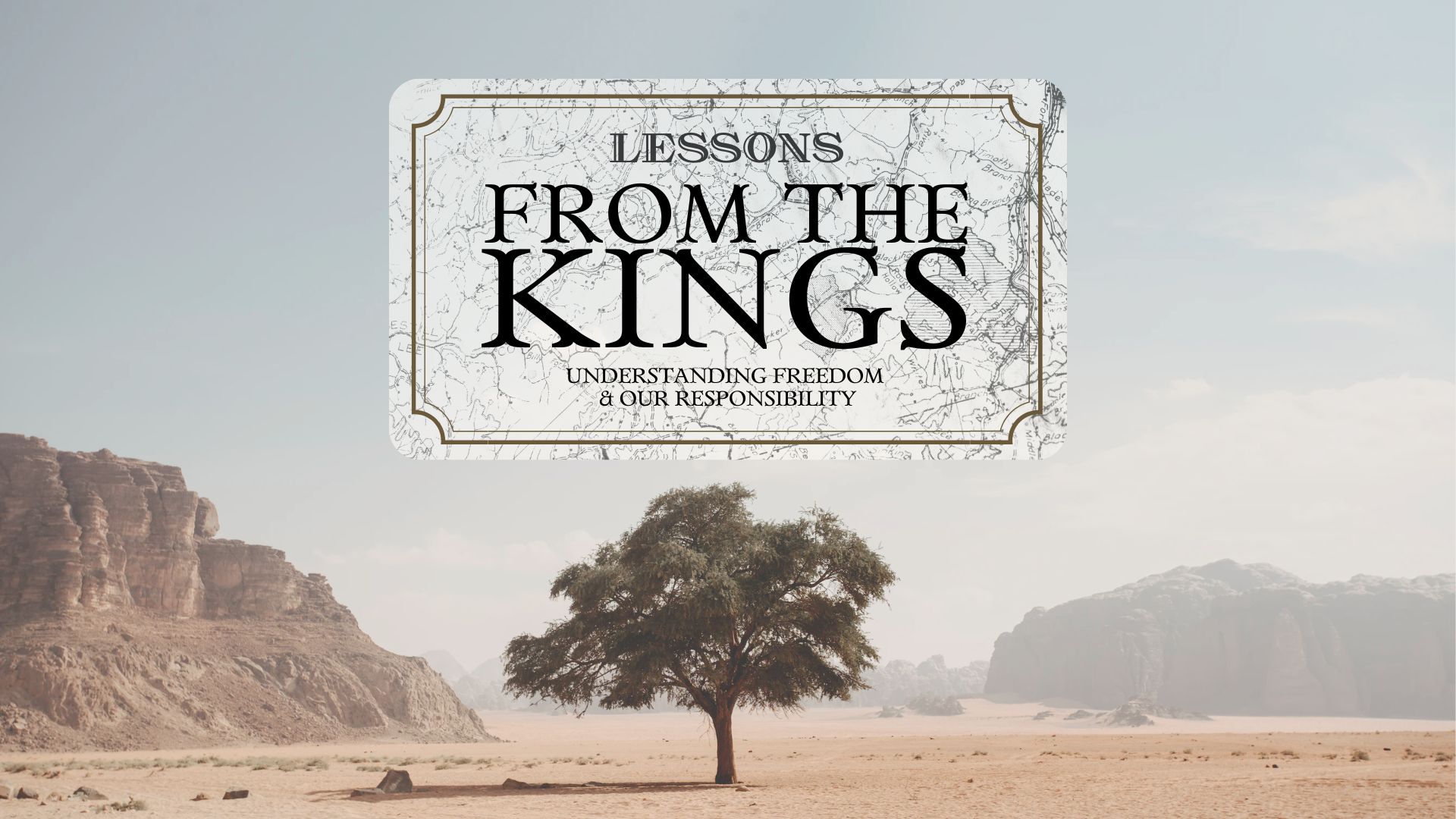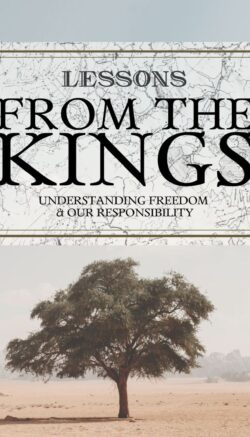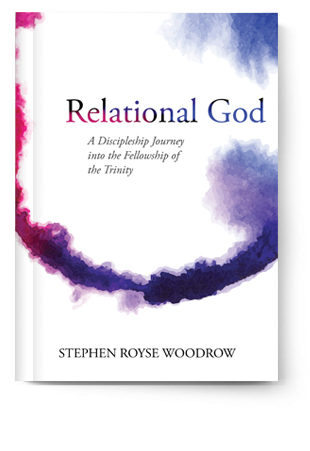 ( 2 Kings 18-20; 2 Chronicles 29-32)
( 2 Kings 18-20; 2 Chronicles 29-32)
Are we in spiritual and political uncertain times today?
When there is spiritual syncretism (a blending of false spirituality with God’s commands) there is political unrest.
We can learn from Hezekiah many lessons on how to respond in political and uncertain times.
Background (2 Kings 17)
History of Samaria, Israel taken captive to Assyria and the king of Assyria brought people from conquered nations to dwell in Samaria and this is why the Jews see them as half breeds – maybe tie to Jesus at Sychar.
How do we respond in times of 2 Kings 17:41, “so these nations feared the Lord and also served their carved images” Seems like before God moves in for judgment and a major upheaval there is a great syncretism. So how do we respond in spiritually confusing and compromising times? Hezekiah shows us the way.
Discuss the idea of connecting to the NT and a key sign of end times is an apostate church – bring in all the NT warnings. Just like Hezekiahs added years, we need to press in for renewal and strengthening now.
What is key to understand about these verses and what will happen toward the end is a corruption within the Church just like what happened in Israel and Judah. When they were faithful, God blessed them, when they syncretized with the surrounding nations, at some point God judged them and brought radical upheaval and sent them both Israel and Judah into exile.
1 Timothy 4:1-2, “Now the Spirit expressly says that in later times some will depart from the faith by devoting themselves to deceitful spirits and teachings of demons, through the insincerity of liars whose consciences are seared…”
2 Timothy 3:1-5, “But understand this, that in the last days there will come times of difficulty. For people will be lovers of self, lovers of money, proud, arrogant, abusive, disobedient to their parents, ungrateful, unholy, heartless, unappeasable, slanderous, without self-control, brutal, not loving good, treacherous, reckless, swollen with conceit, lovers of pleasure rather than lovers of God, having the appearance of godliness, but denying its power. Avoid such people.”
2 Timothy 4:1-4, “I Charge you in the presence of God and of Christ Jesus, who is to judge the living and the dead, and by his appearing and his kingdom; preach the word; be ready in season and out of season; reprove, rebuke, and exhort, with complete patience and teaching. For the time is coming when people will not endure sound teaching but having itching ears they will accumulate for themselves teachers to suit their own passions, and will turn away from listening to the truth and wander off into myths.”
So how are we, the church today to respond in light of the spiritual and political uncertainty we are facing – and it is happening at a rate quicker than any of us realize. As the scriptures warn, we are not to be taken by surprise by these things.
Lets look to King Hezekiah for some spiritual wisdom.
Sanctify – Unify – Gospel-fy
LESSON 25
Verses: 2 Kings 18:1-8; 2 Chronicles 29-31; James 4:7-10
In times of spiritual and political uncertainty we are to simplify and sanctify our hearts and our lives so that the Church can faithfully represent the kingdom of God.
Sanctify
2 Kings 18
Hezekiah was one a a few kings the were compared favorably with David, Asa, Jehoshaphat, and Josiah. Unlike the others who tried to move the high places, he was the first to even remove the ones dedicated to the worship of the Lord. (1 ki 3:2, 15:14, 2 Kings 12:3, 14:4, 15:4, 35; 17:9; 1 Ki 22:43) and 2 Ki 18:22 even Sennacherib refers to it.
Tie in the idea of simplify into what Hezekiah did in bringing unity around worship in Jerusalem. Simplify to Sanctify, there is a connection between these words.
Get the junk out, cleanse God’s house, simplify and sanctify the house for the Lord. Rid it of any distractions from what is commanded.
For we have been called to be conformed to the image of Christ – Romans 8:28-30
2 Chronicles 29-31
29:5, “Hear me, Levites! Now consecrate yourselves, and consecrate the house of the Lord, the God of your fathers, and carry out the filth from the Holy Place.”
James 4:7-10, “Submit yourselves therefore to God. Resist the devil, and he will flee from you. Draw near to God, and he will draw near to you. Cleanse your hands you sinners and purify your hearts you double-minded. Be wretched and mourn and weep. Let your laughter be turned to mourning and your joy to gloom. Humble yourselves before the Lord and he will exalt you.”
Share about what elders have been hearing from the Lord: simplify for the sake of sanctify, unify and gospel-fy.
Sanctify – pursue spiritual formation
Two main emphasis’ – open groups leading to closed groups and discipleship groups leading to discipleship that make disciples
Simplify and not adopt any programs outside these imperatives but utilize many tools to accomplish spiritual growth.
LESSON 26
Verses: 2 Kings 18:13-37; Ephesians 4:1-3
In times of spiritual and political uncertainty it is critical that the church unifies around the biblical imperatives of God’s Word so it can stand in the midst of attacks from within and from without.
Unify
When the king of Assyria sent his envoy to heckle and mock Judah and king Hezekiah, it was the unity that came from the unifying work of sanctifying the temple so they could stand against the onslaught of the enemy and not be fragmented by the taunts of the Tartan, the Rab-saris and the Rabshakeh.
Interesting that the Assyrian envoy didn’t want to just speak to Hezekiah’s envoy but wanted to speak to all the people to try to disunity them, split people from their leaders.
Ephesians 4:1-3, “I therefore, a prisoner for the Lord, urge you to walk in a manner worthy of the calling to which you have been called, with all humility and gentleness, with patience, bearing with one another in love, eager to maintain the unity of the Spirit in the bond of peace.”
Interesting that in 2 Kings 18:31-32, the Assyrian envoy uses a vision of prosperity that was used to define the times under Solomon and that are used to define God’s kingdom in the end and interestingly this same verse was used by many of our founders of America as the vision for the American Dream.
“Make your peace with me. Then each one of you will eat of his own vine, and each one of his own fig tree, and each one of you will drink the water of his own cistern.”
Discuss how we are going to move toward unity in our church:
Ephesians study on Sunday morning, women’s and mens study
LESSON 27
Verses: 2 Kings 19:15-19, 20:1-21; 2 Chronicles 32:31
In times of spiritual and political uncertainty the church body must regain its faith and trust in the power of the Gospel of the Kingdom to save, heal and transform and make sure it is not compromised with worldly options and opinions.
Gospel-fy
2 Kings 19:15, 19
Hezekiahs faith and intercession. in verse 19 He calls upon God to “save” – tie this to the NT idea of salvation that saves anyone from any nation. And just what is salvation?
The Gospel of the kingdom, is not just what it does for our heart, but what it does for the world and eternity. It is so much larger and glorious than we know.
2 Kings 20:7, Isaiah gave Hezekiah a prophetic word that he was going to die, then a few minutes later, because of Hezekiah’s petition God sent Isaiah back to get the word that God would add 15 years to his life. And Isaiah commanded a cake of figs to apply to the boil. So God does use known medical remedies to heal. So the fig stuff it says healed Hezekiah, 20:7, but Hezekiah wanted confirmation from God that he would indeed be healed for 15 years. Or the cake of figs could just be part of Isaiah’s prophecy of healing.
Connect back to 2 Timothy 3:1-5, are we today more subtly moving toward a gospel that has an appearance of godliness but denies its power? Is the church embracing the power of the Holy Spirit primarily for life change or embracing syncretizing with the methods of the world?
2 Kings 20:12-19; 2 Chronicles 32:31
The Chronicler’s assertion that God “left Hezekiah” in order to “test” him has significant theological implications. God wants genuine character and faithfulness in his people, and he will expose them to trials in order to train and shape them. The path of sanctification is not an easy one (cf. Gen 22:1).
Thompson, J. A. (1994). 1, 2 Chronicles (Vol. 9, p. 366). Broadman & Holman Publishers.
When God wants to know everything that was in his heart, this does not mean that God is ignorant, for he knows every heart (1 Chr. 29:17; 2 Chr. 6:30; Ps. 94:11). Rather, he wishes to ‘make [something] known’ (cf. Gen. 18:21; Deut. 8:2), that is, to provide an opportunity for people to show heartfelt repentance. God tests in order to refine, to stimulate repentance and to deepen faith (cf. Gen. 22:1; Exod. 20:20; Deut. 8:16).
Selman, M. J. (1994). 2 Chronicles: an introduction and commentary (Vol. 11, p. 537). InterVarsity Press.
So according to 2 Chronicles 32:31, the envoy from Babylon was coming to Hezekiah because they had heard of the amazing miracle of his healing. Instead of giving God all the credit he got prideful and showed off all his wealth.
Connect the healthy church idea of simplify – unify – gospelfy, gospel of the kingdom, in the fullness of what salvation means and the inheritance that is ours by faith, nothing heals like the Gospel, in bringing healing to first our spirit, then our soul then our body, until heaven we
This made up word, gospel-fy, I am using to communicate the idea that we as the Church need to recover the fullness of the Gospel of the kingdom and trust in its power to save, heal, deliver, transform and conform us to the image of Jesus! We have to evaluate today where we as the Church have leaned into other things rather than trusting in the power of the Gospel to do what God promises.
1




